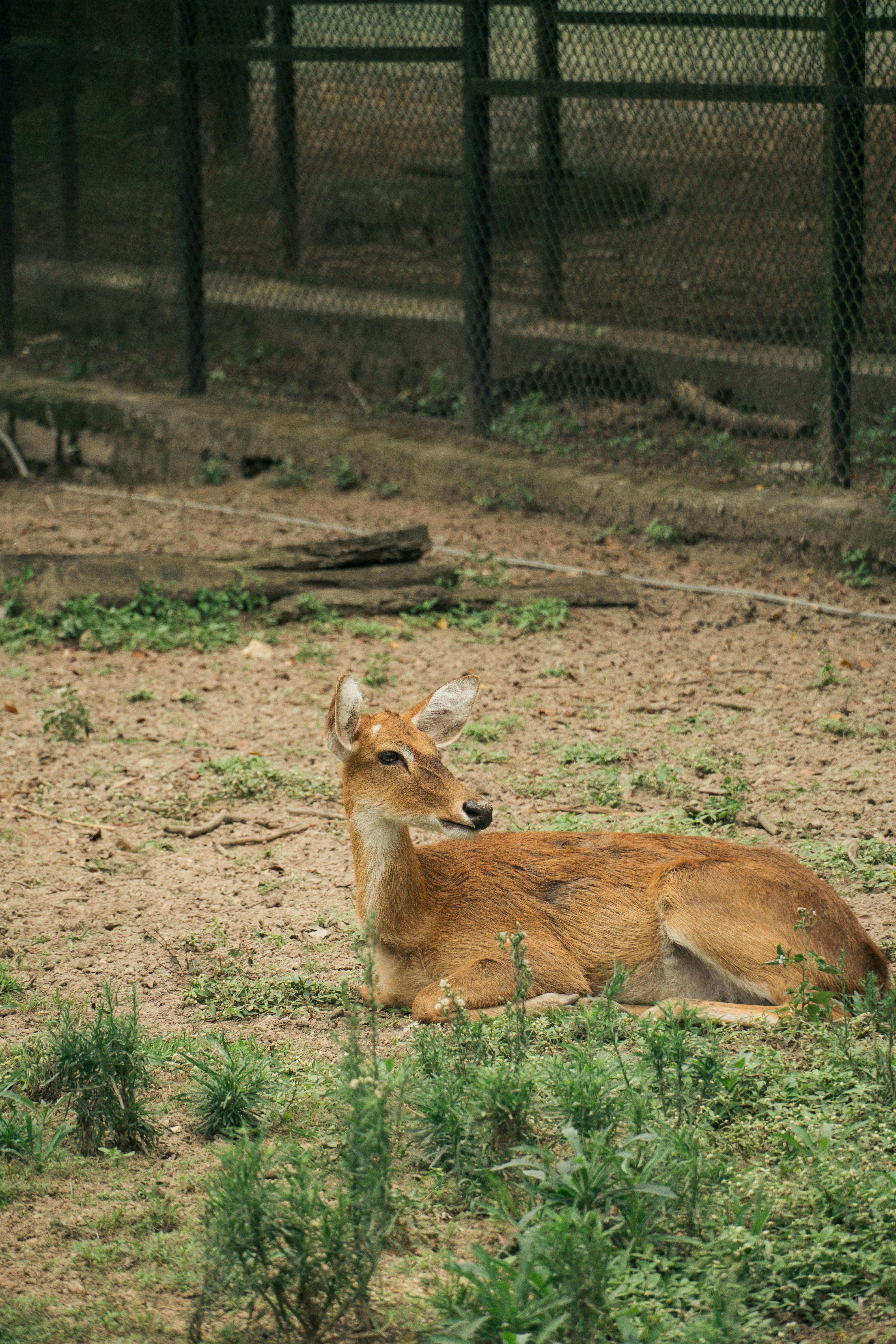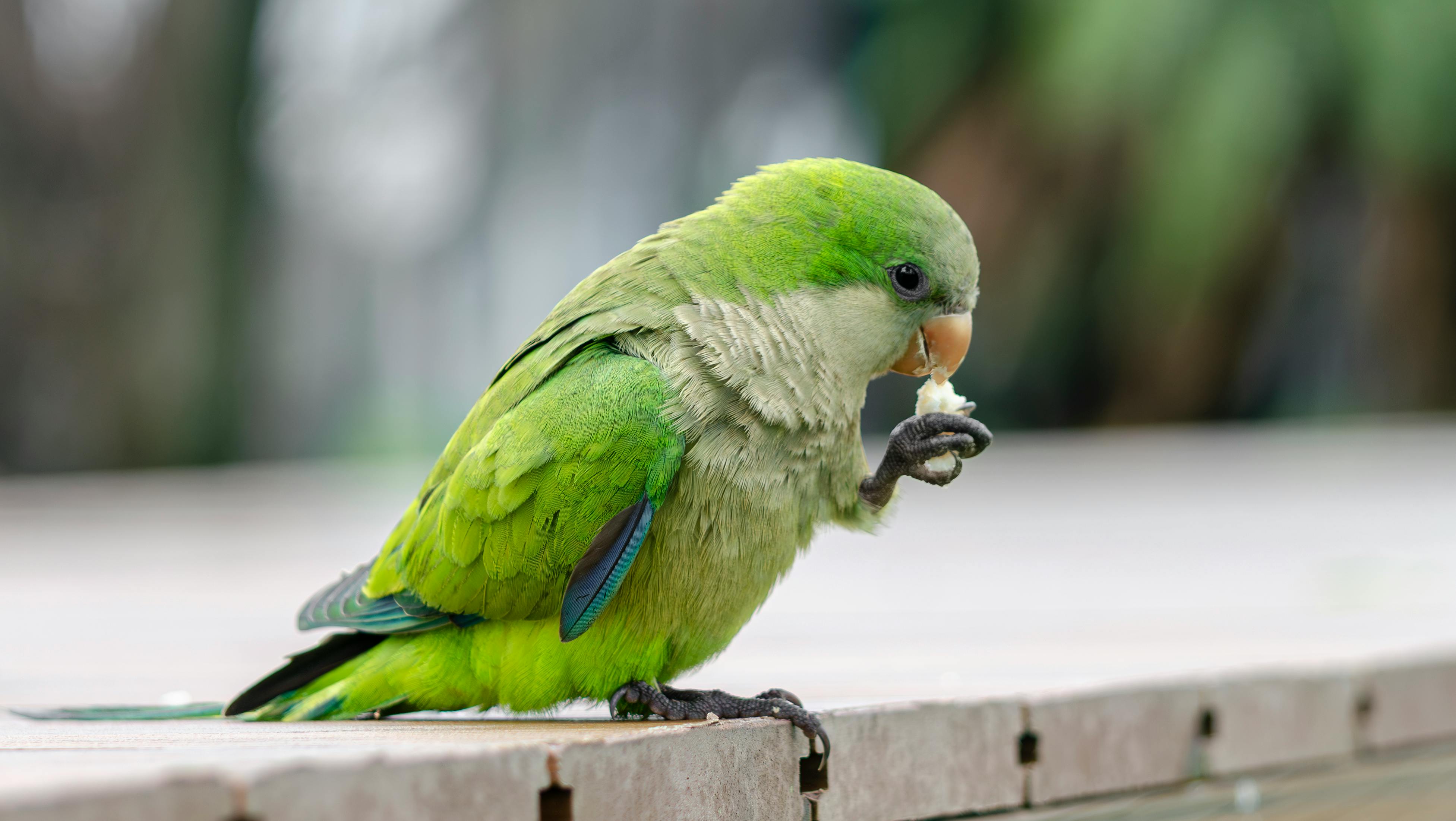
Smart Guide to Elephant Ear Betta: Discover Care Tips for 2025
The elephant ear betta is a captivating variety of the betta fish known for its distinctive fins that resemble elephant ears. As more aquarium enthusiasts embrace these fascinating creatures, understanding their unique care requirements has never been more critical. This comprehensive guide will cover everything from betta fish care and diet to selecting compatible tank mates and ensuring optimal water conditions.
In addition to their striking appearance, these bettas exhibit interesting behaviors and personalities that can enrich any aquarium environment. For families and individuals considering adding a betta fish to their home, knowing how to properly care for them is essential for ensuring long, healthy lives. Throughout this guide, we'll provide practical tips and expert recommendations tailored for 2025 and beyond.
In this article, we'll explore various aspects of caring for the elephant ear betta, including tank requirements, advisable fish companions, optimal diets, and more. By the end of this guide, you’ll be equipped with the knowledge necessary for maintaining a thriving aquarium. Let's dive in!

Essential Guide to Betta Fish Care Practices
Understanding Betta Fish Habitats
Betta fish require a specific aquatic environment to thrive. Adequate tank size, proper filtration, and temperature control are crucial. A minimum tank size of 5 gallons is recommended to allow for proper movement and water quality maintenance. Bettas prefer warmer water, ideally maintained between 76-82°F, so incorporating a reliable aquarium heater is essential for their health.
Additionally, ensuring the filtration system is efficient but gentle is key. Bettas do not appreciate strong currents, making sponge filters a popular choice among enthusiasts. Regular water changes and monitoring are necessary to maintain optimal water conditions, thus allowing for a healthier betta fish environment.
Decorating the Betta Aquarium
When setting up an aquarium for your elephant ear betta, consider using live plants and gentle decorations. Plants not only provide hiding spots that reduce stress but also enhance water quality. Plants such as Java fern and floating plants can thrive alongside bettas while enriching the aesthetic of the tank. Additionally, avoid sharp decorations, as bettas can easily injure their delicate fins.
Adding elements like caves and soft substrate can boost your betta's comfort. Keeping the aquarium at a low-stress level will promote positive betta fish behavior and activity, allowing your pet to exhibit its natural curiosities.
Nutrition and Feeding Schedules
Feeding your betta a balanced diet is vital for its overall health. High-quality pellets specifically designed for bettas should form the basis of their diet. Supplementing with frozen or live food like bloodworms, brine shrimp, and daphnia is also beneficial to provide necessary nutrients and keep them entertained.
Establishing a consistent feeding schedule is critical. Adult bettas typically should be fed twice a day with small portions that they can consume within 2-3 minutes. Overfeeding can lead to serious health issues, including betta fish diseases related to obesity and water quality deterioration.
Connecting with Other Fish: Betta Fish Compatibility
Selecting Suitable Tank Mates
When creating an aquarium environment for your elephant ear betta, choosing suitable tank mates is essential to prevent aggression. Many novice owners might assume that bettas can coexist with any species, but some pairs can lead to harmful confrontations.
Good companions include peaceful species such as neon tetras, rasboras, or certain shrimp types. However, it's crucial to research and understand the behavior of potential tank mates to assess compatibility accurately. Bettas are known for their territorial behavior, especially males, so monitoring interactions early on can prevent future disputes.
Understanding Betta Fish Social Behavior
Betta fish exhibit a variety of social behaviors that can influence their interactions with tank mates. Male bettas can display aggression towards one another, leading to fighting, while females may have a more social disposition when kept in groups known as sororities. However, with adequate space and hiding options, females can often live harmoniously together.
Understanding the social dynamics and hierarchy within your aquarium can lead to healthier interactions and a more vibrant community setup. Observing your betta's behavior will help determine how to maintain peace in your aquarium.
Breeding Education for Betta Enthusiasts
Understanding Betta Fish Breeding Behavior
Breeding elephant ear bettas can be a rewarding endeavor if approached correctly. First, familiarize yourself with the typical betta fish breeding conditions. This includes providing a separate breeding tank with appropriate water parameters, sufficient hiding spaces, and a gentle filtration system.
During the breeding process, male bettas will create bubble nests, a vital sign that they are ready to mate. Observing this behavior can help you determine the optimal time to introduce the female. However, aggressive behavior can also arise; thus, separating them after spawning is crucial to prevent injury.
Nutrition and Care of Betta Fry
Once the fry hatch, they require specialized care. Feeding them appropriate food sizes is crucial for their growth. Infusoria is an excellent starter food, changing to micro-pellets as they grow. Ensuring the fry are not overcrowded and maintaining pristine water conditions can significantly improve their survival rate.
By closely monitoring their growth and health, you'll be able to nurture your betta fry into healthy juveniles. Engaging in the breeding cycle promotes a deeper understanding of betta fish genetics and their unique characteristics.
Health Considerations for Betta Fish
Common Betta Fish Diseases
Understanding common betta fish diseases is essential for every betta owner. Symptoms like clamped fins, discoloration, or lethargy may indicate underlying health issues. Ich, fin rot, and velvet disease are among the most prevalent ailments impacting bettas. Early detection is vital for successful treatment, often accomplished through quality medications and consistent water quality management.
By maintaining a close eye on your betta's behavior and appearance, you can catch these signs early. Regular health checks and monitoring can enhance their lifespan and overall wellness.
Ensuring Betta Fish Longevity
With proper care and attention, bettas can live 3-5 years on average, though some can live even longer under optimal conditions. Factors like tank size, water quality, diet, and tank mates can significantly influence their longevity. Research shows a well-cared-for betta can even surpass five years with appropriate environments and diets.
By following guidelines set forth by experienced aquarists, you can maximize your betta's potential lifespan and continue to enjoy their vibrant presence.

Q&A: Common Questions About Elephant Ear Betta Care
What is the ideal tank size for an elephant ear betta?
The ideal tank size for an elephant ear betta is at least 5 gallons. A larger tank provides enough space for swimming, personalization with decorations, and better water quality management.
How often should I feed my betta fish?
Feed your betta fish twice a day, offering small amounts of high-quality pellets and supplements with live or frozen food to ensure balanced nutrition.
Can I have multiple betta fish in one tank?
Keeping multiple male bettas in one tank is not advisable due to territorial aggression. However, you can keep female bettas together in a well-planted tank; a sorority of 4-5 females is recommended.
How can I tell if my betta is healthy?
A healthy betta will have vibrant colors, clear eyes, and active behavior. Watch for signs of illness, such as clamped fins or unusual swimming patterns, indicating potential health issues.
What environmental factors affect betta fish behavior?
Temperature, water quality, and tank decor significantly impact betta behavior. Ensuring a stress-free environment with appropriate conditions fosters positive behavior and activity levels.